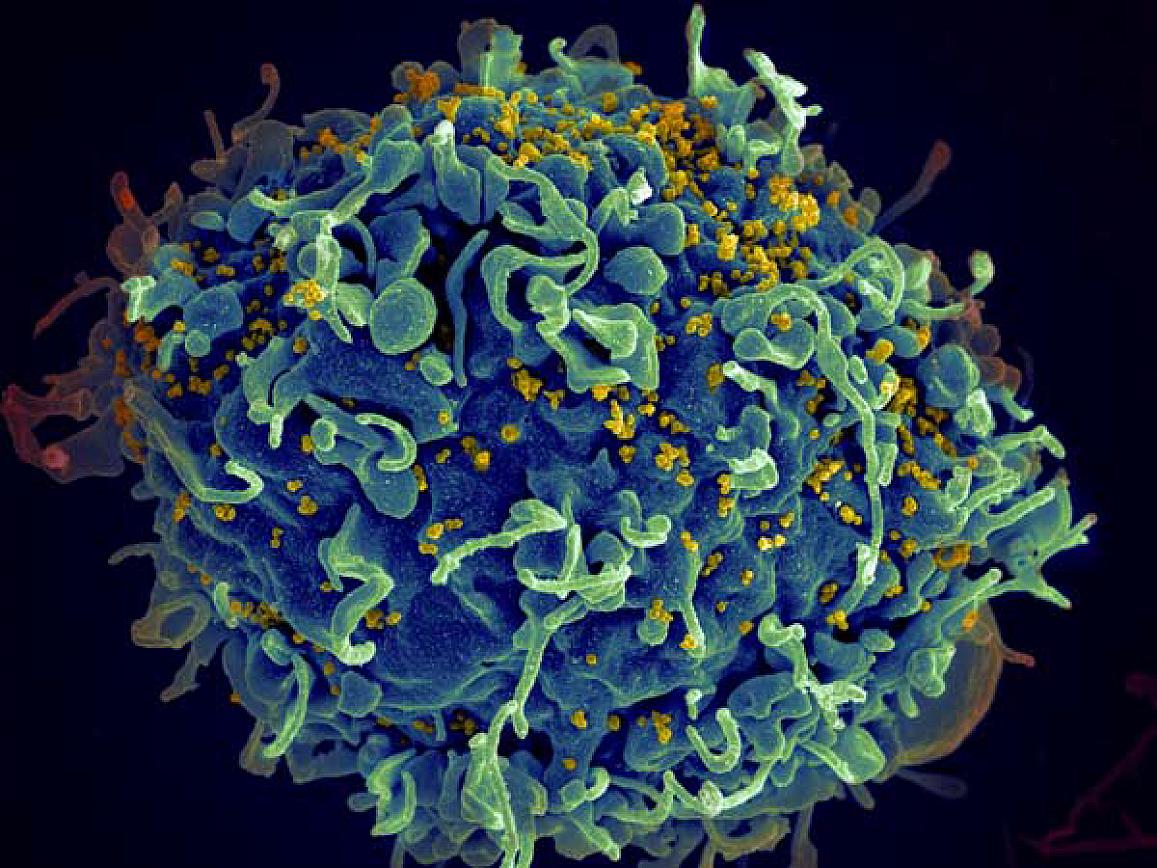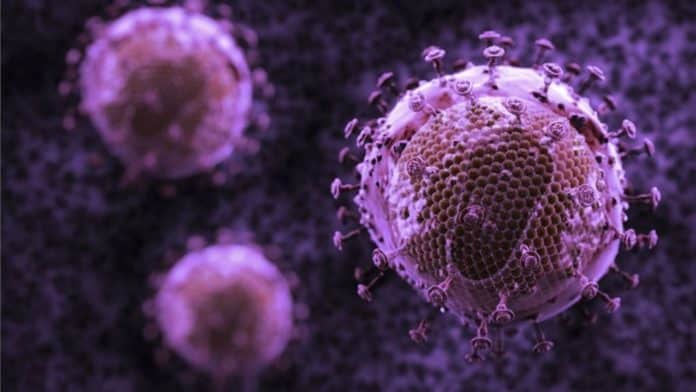NIH Reports Single Dose HIV-Resisting Vaccine Success
In the absence of an effective and safe vaccine against HIV-1, the administration of broadly neutralizing antibodies (bNAbs) represents a logical alternative approach to prevent virus transmission.
And now a team of researchers working with new, lab-mutated versions of these antibodies has reported that a single injection of their altered antibody protected monkeys from HIV infection for an average of more than six months — and in some cases as long as 8.5 months.
Two genetically modified broadly neutralizing antibodies(link is external) (bNAbs) protected rhesus macaques from an HIV-like virus, report scientists at the National Institute of Allergy and Infectious Diseases (NIAID), part of the National Institutes of Health.

“We think this approach might be an important way to prevent transmission in humans, particularly in regions of the world where HIV is endemic,” says Malcolm Martin, chief of the viral pathogenesis and viral section of the National Institute of Allergies and
Infectious Diseases and a senior author of the paper. “This is not a vaccine but a way to prevention.”Emilio Emini, director of the Gates Foundation’s HIV program, a funder of the new research, agrees the approach is worth pushing. “The potential is there for the development of a neutralizing antibody cocktail that could be injected to provide many months of protection against HIV infection,” Emini says.
After introducing genetic mutations into two potent HIV bNAbs, researchers prepared intravenous infusions of two bNAbs known as 3BNC117-LS and 10-1074-LS.
Single infusions of each modified bNAb protected two groups of six monkeys each against weekly exposures to simian-human immunodeficiency virus (SHIV) for up to 37 weeks, compared with a median of three weeks in 12 monkeys receiving no antibody. SHIV is a manmade virus commonly used in HIV nonhuman primate studies.
One of these bNAbs, a strain called VRC01, is already being tested on humans as part of a Phase 2 clinical trial that includes participants in five sub-Saharan African nations, where 70 percent of the world’s current HIV-positive population is found.
If bNAbs effectively block HIV in people, they could provide a life-saving prophylactic treatment in the absence of a permanent vaccine. However, one of the drawbacks of prophylactic injections with VRC01 is that the protection only lasts for eight weeks, after which you need a new injection to keep the antibodies in the bloodstream.
This approach joins other candidate drugs and biomedical technologies that aim to provide long-term protection against HIV in the absence of an HIV vaccine. Among ongoing studies are two large Phase 3 trials in Africa and the Americas known as the AMP Studies, for antibody-mediated prevention.
































